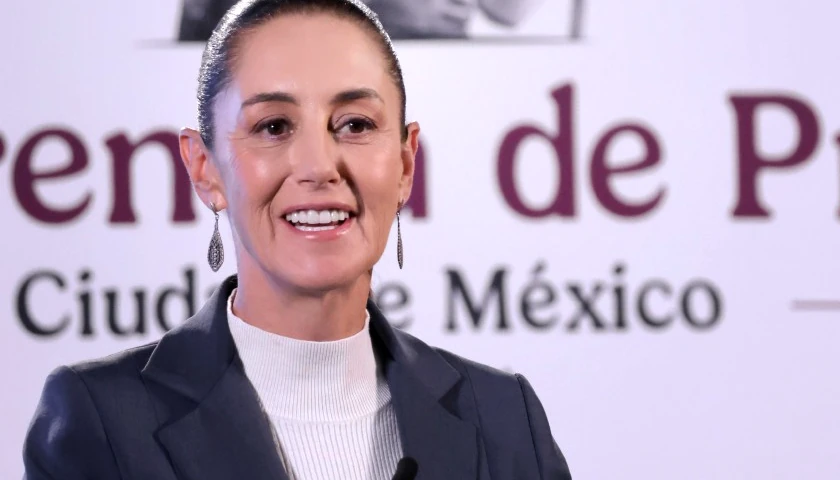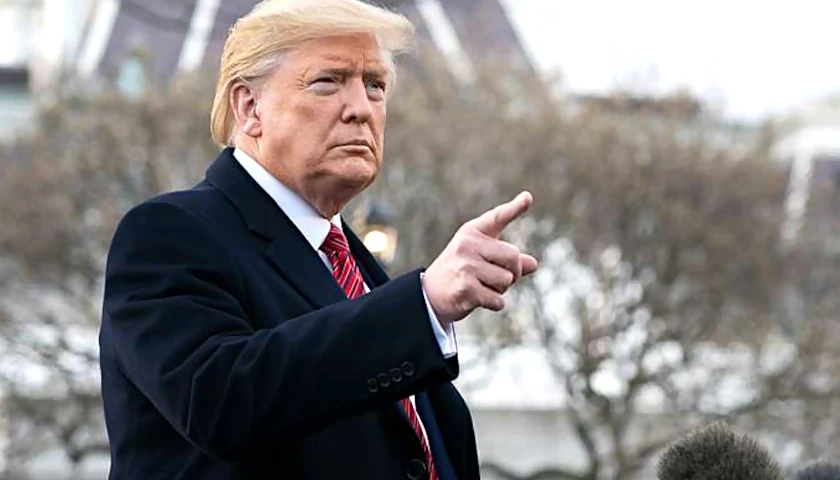by Christopher Roach
Just in time for Christmas, some infighting has broken out among Trump supporters. Muckraking online personality Laura Loomer began the fracas with criticism of Sriram Krishnan, who Trump has chosen to be an AI policy advisor. Loomer pointed out that Krishnan has said previously that he wants the quota of green cards available to his Indian coethnics to be expanded.
Elon Musk entered the fray and argued that in order for the country to remain competitive, it must import talent from overseas.
Traditional MAGA revolted, and soon a proliferation of critiques appeared on X (formerly Twitter), explaining how programs like H1B hurt native-born workers and that there is more to national flourishing than mere economic growth.
Vivek Ramaswamy—former presidential candidate and the other half of Trump’s DOGE initiative—double downed and channeled teacher’s pet energy, expressing contempt for traditional middle-class American cultural norms, including the high priority placed on nonremunerative activities like socializing, sports, and community. In his words, “A culture that celebrates the prom queen over the math olympiad champ, or the jock over the valedictorian, will not produce the best engineers.”
The discussion revealed a real tension among different cohorts of Trump supporters. In 2024, the late-arrival tech guys added something useful to the mix—not least by contributing money and refraining from the ubiquitous censorship that prevailed in 2016 and 2020—but only traditional MAGA voters have the numbers, votes, and proven loyalty.
Arrivistes should neither be dictating the agenda for the movement nor, for that matter, dictating the culture of the country, whose virtues they only half-comprehend.
Not Quite Elite Human Capital
The tech enthusiasts’ defenses of the H1B program do not stand up to scrutiny.
They have said it supplies the need for “elite human capital” in a hypercompetitive global economy, but the numbers permitted under the program are at least 85,000 a year. Recipients can then bring over spouses and children. This number far exceeds any quest for rare generational talent. Genuinely rare talent can benefit from another, much smaller visa program, the O1 visa.
A great number of jobs that should go to recent college graduates have gone to H1Bs. While the State Department describes the program as one for “specialty occupations in fields requiring highly specialized knowledge,” many jobs in the program are not high-skilled at all, including such occupations as dog trainers, cooks, and cashiers.
There are, of course, numerous software and tech-related jobs listed on the H1B website, and a lot of these seem to be paying pretty well. How much employers would pay for this work in the absence of H1B recipients taking these spots cannot be known with any precision, but it would certainly be more. The law of supply and demand applies to labor markets just as it does to everything else.
The current system is a win-win for employers: many of these H1Bs are willing to work for less due to even lower wages in their home countries and the prospect of permanent residency through a green card. An H1B visa and the associated right to live and work in the United States expires without a sponsoring employer. Thus, H1B employees are completely under their employer’s thumb until they obtain a green card. Their status is akin to indentured servants, for whom termination would have more severe consequences than merely having to find another job.
We were promised mass deportations. The Trump victory and the MAGA movement will prove ephemeral without significantly reducing the level of immigration, both legal and illegal. The impact on native-born Americans might be different from each of these groups, but each stresses the social fabric.
Illegal aliens are less likely to assimilate or make significant contributions, with many having low educational levels and ending up in ethnic ghettos around their native countrymen. But both groups of immigrants contribute to cultural fragmentation, overcrowding, and wage reduction. These trends, in turn, delay family formation, increase the price of housing, and make life more coarse and unpleasant.
Immigration restrictions guarantee that the jobs, benefits, and resources of our country are preserved for our countrymen and their progeny. This is why legal immigration through the various boondoggle visa programs needs to be reduced.
Why Aren’t Immigrants’ Countries of Origin Paradise?
What proponents of large-scale immigration from the Third World never seem able to explain is why the native countries that H1B workers hail from, particularly India, so poor and undesirable that tens of millions of them want to leave. Even if one accepts the criticism of American culture levied by Ramaswamy and other H1B defenders, why is our country the immigrants’ preferred destination and not back home or somewhere else?
It’s hard not to get defensive in the face of insults from outsiders and newcomers. But one must ask himself how this gaggle of frivolous jocks and homecoming queens managed to achieve so much before the era of mass immigration. Americans invented the assembly line, the computer, and the atomic bomb. Back when we cared about well-rounded students, one of them turned down MIT to study engineering at Purdue because he liked their football program. This would be Neil Armstrong, the first man to walk on the moon.
Living now in the egghead immigrant era, instead of building great things and exploring new frontiers, most of our vaunted “high tech” industry is focused on making buggy mobile apps, censoring free speech, get-rich-quick crypto schemes, and inventing electronic middlemen to squeeze money from consumers.
In spite of these grand contributions to human welfare, the whole tech industry has recently undergone a round of significant layoffs. Meanwhile, H1B jobs abound, with long listings of them searchable on this database.
A Country Is More Than Its Economy
While Trump is a successful businessman, and part of the MAGA agenda aims to secure sustained economic growth, not all growth is created equal. An excessive concern for “the economy” often conceals who is benefiting from economic growth. The economy is a means to an end. It is supposed to provide for the needs of citizens and create some excess for their wants so that our people can pursue their own happiness.
A country, after all, is a combination of a people and a particular place. The government is supposed to serve the interests of the people in that place. By contrast, multinational companies are generally indifferent to both people and places. The “economy” benefits whether a new job goes to an American or an H1B worker imported from overseas.
In Ramaswamy’s account of success, it does not matter if the person obtaining that success is an American citizen deeply rooted in the land or someone who just landed at JFK Airport, but the identity of beneficiaries does matter to voters.
Consider a smaller-scale illustration of this principle. No one would trade their children for someone else’s children, born of other parents, simply because the replacements were destined to win the Math Olympiad or otherwise end up as high achievers. We love our families because they are ours, not because they are “elite human capital.” Our country and its countrymen should evoke a similar instinctual love and loyalty.
A nation’s policies are supposed to increase the collective wealth, security, and happiness of the people living there. This is what the Constitution’s preamble means when it says the government is supposed to “provide for the common defence, promote the general Welfare, and secure the Blessings of Liberty to ourselves and our Posterity . . .”
Our founding documents sensibly recognize both the existence of a common good and that it is supposed to accrue to a particular people, the American people. Trump understood this with his MAGA agenda. I hope his retinue figures it out in due time.
– – –
Christopher Roach is an adjunct fellow of the Center for American Greatness and an attorney in private practice based in Florida. He is a double graduate of the University of Chicago and has previously been published by The Federalist, Takimag, Chronicles, the Washington Legal Foundation, the Marine Corps Gazette, and the Orlando Sentinel. The views presented are solely his own.








